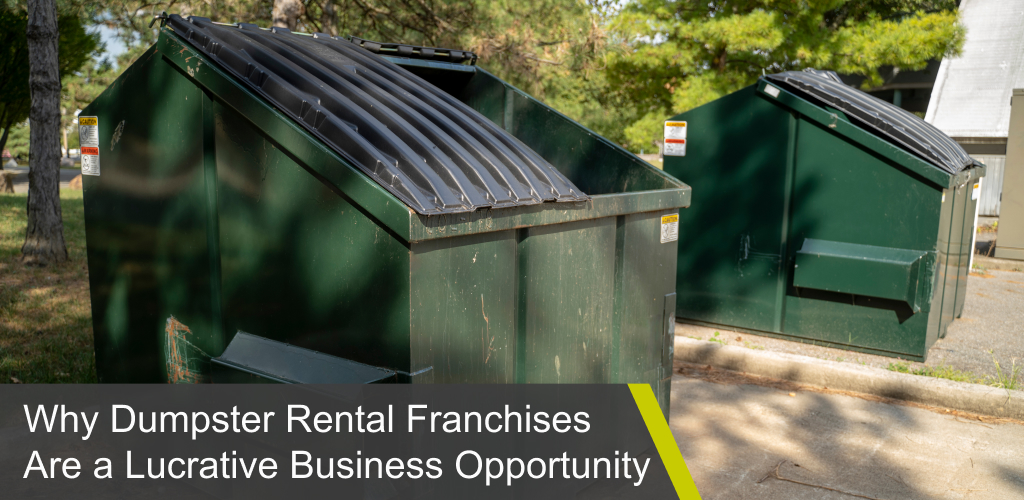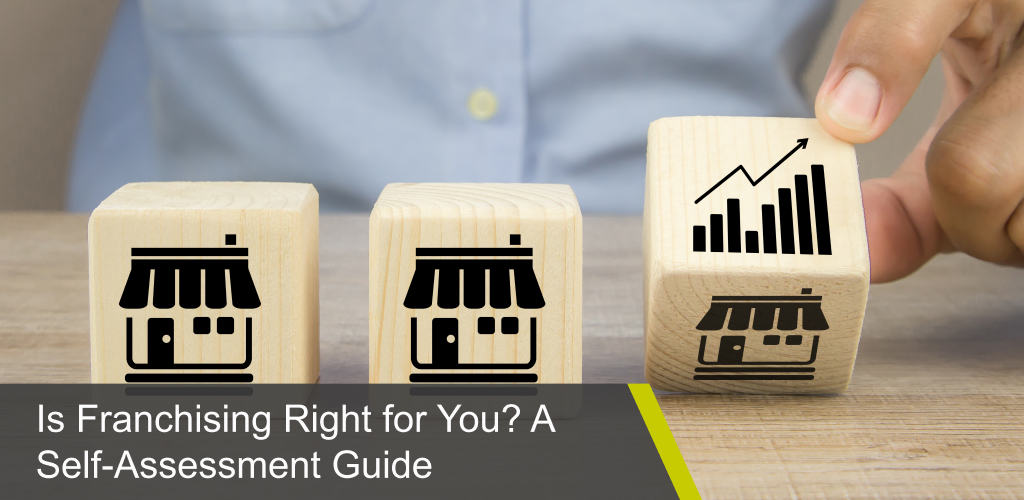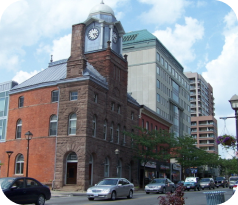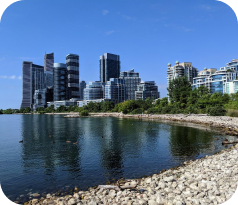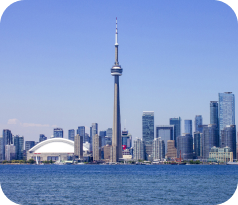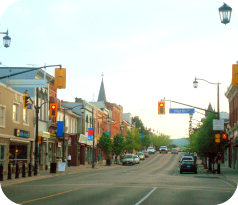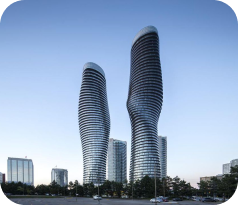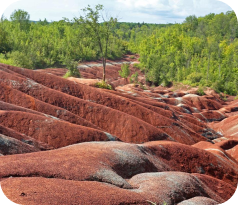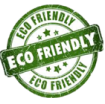How to Make a Diy Compost Bin at Home
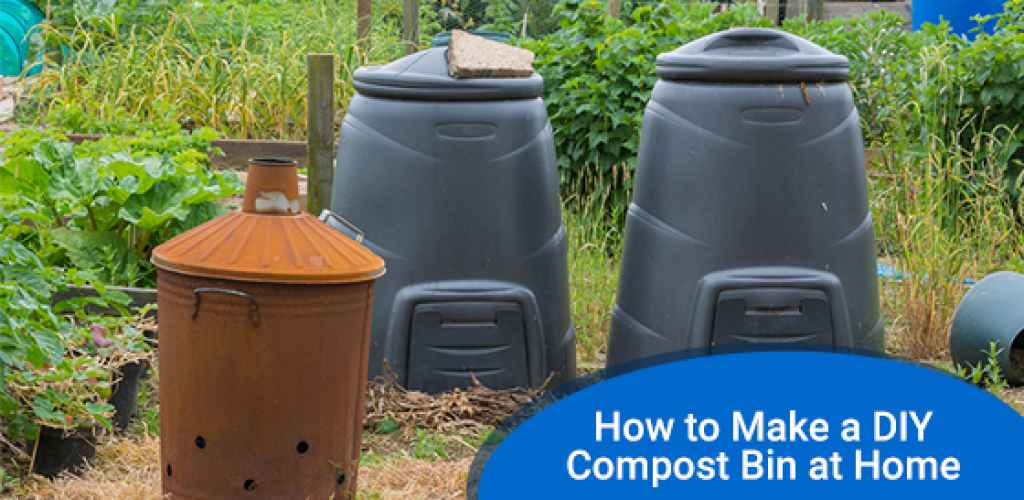
Composting is a great way to boost the nutrients in your garden and it’s good for the environment too. Much of what goes into your compost bin are scraps that would go into the trash. Instead, it’s introduced into your garden and not added to landfills.
Compost feeds the soil in which plants grow. It acts like a sponge, holding the nutrients in the soil until the plants can use them. Compost also increases the soil’s ability to hold water.
Key Ingredients of a Compost Pile
A compost pile needs carbon, nitrogen, moisture and air. You can get carbon in the form of dead leaves, recycled paper, cardboard and wood chips. Nitrogen can be found in green plant tissue such as lawn clippings and food scraps like potato peels, broccoli stalks, onion skins, coffee grounds or even manure from animals that only eat plants. Don’t add cat or dog waste. You’ll add moisture in the form of water, and you’ll want a pitchfork or shovel to mix up your ingredients.
Before You Start a Compost Pile
Before you start your compost, you’ll want to do some planning. Consider where to put it. A warm compost pile decomposes faster than a cold one so by placing it in a sunny spot, it will stay warmer in the early spring and late fall. You want to place it fairly close to your garden and a water good source. You don’t want to be transporting water out to the compost every time you add to it. In addition, you want to be able to use the compost in your garden efficiently. Don’t place the compost next to your wooden fence.
Preparing Your Compost Bin
Although you can build a compost bin, the easiest way to get started is to find a bin with a tight-fitting lid. You’ll want to be able to keep animals out of the compost, even if you live in the city. A darker colour will absorb heat, which is good for composting, but the colour is really your preference. Drill 10 to 12 small holes in the bottom of the bin for drainage and aeration. Drill 8 to 10 small holes in the lid to increase air flow. Don’t forget to wash out the bit to remove any plastic shards left over from drilling.
Filling Your Compost Bin
Layer dry, brown items with green items. Start with a base of brown leaves, shredded newspaper or wood chips. Add green material, such as fresh grass clippings and vegetable scraps. Adding layers of soil or compost can speed up the composting process. You shouldn’t need a commercial starter. Keep the ratio of brown material to green material around 1:1.
Fill the bin about two-thirds full; you’ll want to leave space to mix up the ingredients. Sprinkle water on each layer to ensure the container has moisture. If your bin looks too wet, it needs brown and dry materials. If it seems dry, add green items and water. It should have the consistency of a wet sponge.
Let the material sit for about two weeks to start the composting process. Your compost should reach between 49 and 77 degrees Celsius on a few days. You can check with a thermometer or reach into the pile with your hand. You’ll want to turn your compost weekly until it becomes dry, crumbly and cold. It’s ready to use at that point.
Tips for Creating the Best Compost
When adding materials to your compost pile, maintain the balance of brown and green materials. Cover green materials as you add them to the pile to ensure they break down. Use a wide variety of food scraps to get a diverse variety of nutrients. There’s no need to chop everything into tiny pieces. You might want to chop an apple into quarters, but you don’t need to mulch your leaves.
Don’t ever put glass, metal, Styrofoam, or plastic into the compost pile. Although fish and meat are rich in nutrients, these materials may not decompose quickly in your backyard pile and the heat may not be enough to kill off the pathogens. Stick with plant waste and eggshells until you get more familiar with composting. Oils, grease and dairy are other materials that you shouldn’t add to your compost. Don’t use weeds or diseased plants in your compost, either.
Using Your Compost
There are many ways to use your compost. It can be used as mulch to hold the moisture in the soil. Spread two to three inches on the surface around your trees, shrubs and plants. It should break down over time into the soil to increase its fertility.
You can also add it to your soil during planting. Add about two inches to your garden bed and mix it with the dirt before planting. One caveat, don’t try to start seeds in 100 percent compost as they won’t germinate.
Compost can also be layered on top of your grass. Rake about one inch of compost over the grass. Give it water. It will settle into the dirt over the next few days and make the soil healthier, giving you a beautiful lawn.
Another option is to make compost ‘tea’. Steep compost in water for a few days, much like you would tea. You can place the compost in a burlap sack to make it easier to strain out. Use the liquid on flowers or plants.
No matter how you use your compost, you’ll have the satisfaction of creating your own gardening materials, knowing that you’re not adding to landfills. Your landscape will have beneficial nutrients that will make your garden stand out.
For more information on using your bin as a composter, please call Gorilla Bins at 877-700-2467 or contact us here.
